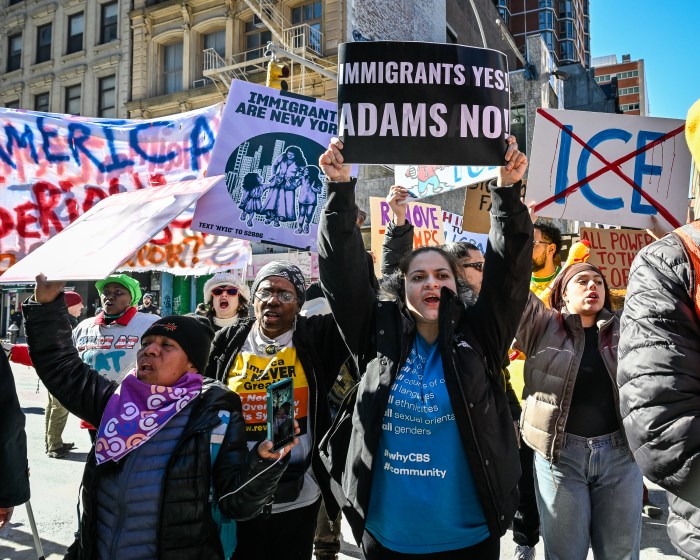Since the Great Recession, the average workweek across the city has fallen 1.4 hours, according to a new study that experts say underscores just how dramatically job growth has been clustered in hourly, lower-wage industries.
The average workweek for full-time personnel employed in the private sector decreased from 35.5 hours in 2008 to 34.1 hours in 2018 and has continued to drop so far in 2019, according to a report released Tuesday by the city’s Independent Budget Office. The city added more than 715,000 full-time positions in the private sector during that period, but despite this surge, the declining hours suggests compensation slid, according to David Belkin, a senior economist at IBO who conducted the analysis, which excluded the self-employed, freelancers and those working multiple jobs.
"What it means is if there had been no change in hours worked, the city could have achieved the same increase of [new] jobs supplied with 164,000 fewer jobs," Belkin said.
The city’s average workweek of 34.1 hours is now below the national average of 34.9 hours in metro areas, which experts described as an indication of the substantial income gap among New Yorkers.
"We have more jobs than ever, but they’re not good jobs, and New Yorkers are struggling to cobble together the income that’s needed to get by in the city," said Jonathan Bowles, the executive director of the Center for an Urban Future, a think tank focused on economic equality.
Wall Street shedding positions while the service sectors add them is altering the standard workweek, according to Lawrence White, a professor of economics at NYU’s Stern School of Business.
Financial jobs, on average, saw the workweek grow by 0.2 hours from 2008 to 2018, but only added 11,000 positions during that period, the report said. Meanwhile, education, health and service sectors collectively gained roughly 270,000 personnel, but their average workweek declined by 2.6 hours, according to the analysis.
"The composition is changing and changing toward occupations that have shorter hours. That is a big driver of this overall average effect," White said.
Budgeting with fewer work hours has been challenging for Ziina Vasquez, 36, a medical compliance officer and consultant who said her shifts have decreased to about 30 hours a week.
“It’s not easy living in New York. Rent is not cheap. Food is not cheap. Even getting on the subway is not cheap," said Vasquez, a Staten Island resident. "You have to basically find another way to make more income."
Despite these sorts of squeezes, the city’s economy is robust overall, according to White. He noted that New York City is fortunate to have several strong industries and offers opportunities for growth to those who secure a job.
"The important thing is getting your foot in the door. Having an employment position is critically important," White said.
There are limited public policies that could reverse the shift toward lower-wage, service jobs, according to James Parrott, the director of economic and fiscal policies at The New School’s The Center for New York City Affairs. He did, however, say raising the minimum wage has helped people in those positions.
"It’s pretty significant,” Parrott said.
With Li Yakira Cohen




































